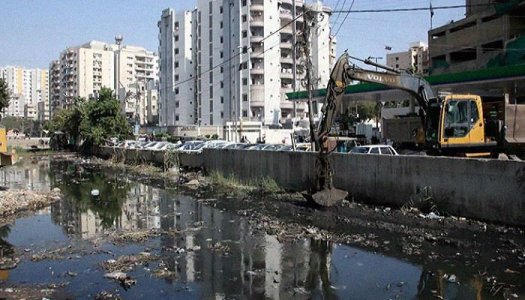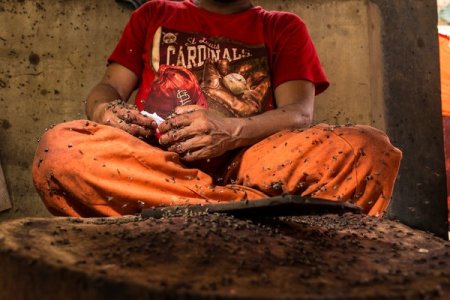boomboomcheema
First Class Star
- Joined
- Aug 18, 2011
- Runs
- 3,892

Urban and medical experts have warned of a "sanitation emergency" as Pakistan's economic hub experiences the "worst infestation of flies" to date while local politicians play catch with responsibility.
According to a report in The New York Times, flies in Karachi have become "a bullying force on sidewalks, flying in and out of stores and cars and homes, and settling onto every available surface, from vegetables to people".
The flies follow the torrential rainstorm that hit the southern port city a few weeks ago, leading to days-long power outages and flooding on major thoroughfares and streets as well as in the drainage system.
The Jinnah Postgraduate Medical Center's (JPMC) executive director, Dr Seemin Jamali, told the NYT that the latest was the "worst infestation of flies she had ever witnessed".
She said: “There are huge swarms of flies and mosquitoes. It’s not just affecting the life of the common man — they’re so scary, they’re hounding people. You can’t walk straight on the road, there are so many flies everywhere.”
Speaking of the remains and tripe left behind on the streets after Eid-ul-Azha, Dr Jamali said: "We have collected these heaps of garbage."
She warned about diseases spreading in the city as a consequence of the poor waste management and stagnant rainwater, saying the ailments included malaria, gastroenteritis, typhoid, dengue fever, the chikungunya virus, respiratory disorders, and Congo fever.
https://www.geo.tv/latest/246162-any-more-rain-spells-would-turn-karachi-dysfunctional-warn-experts
Those living in Karachi can confirm that the situation is worse than it has been in the past.







